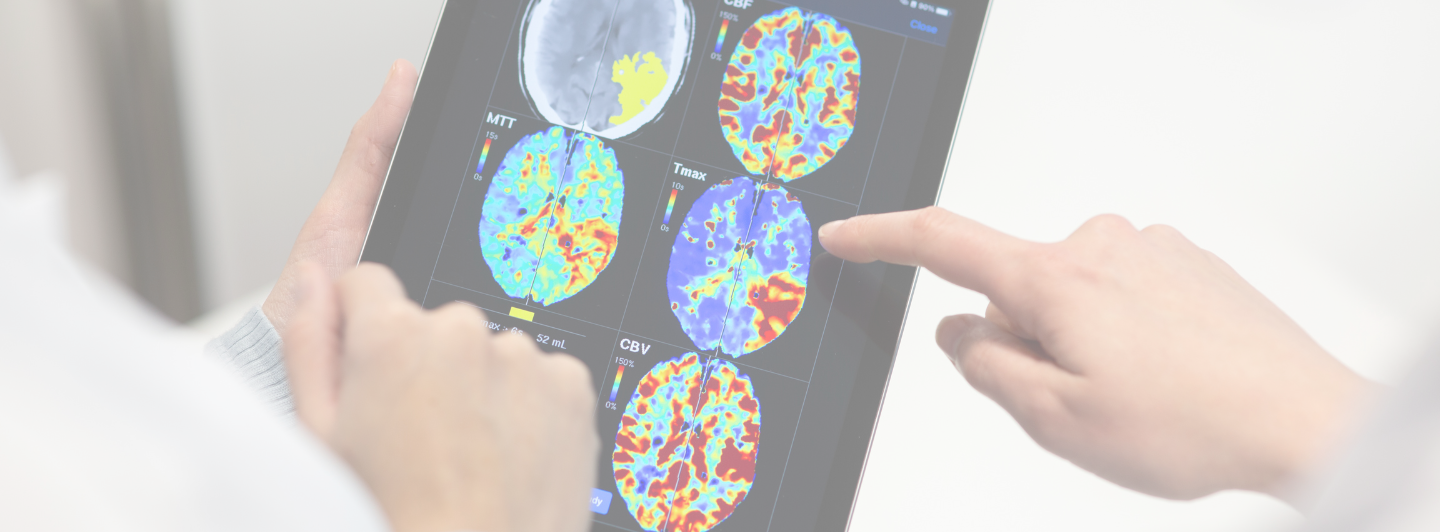Within stroke care teams across the country, the fusion of Information and Communication Technology (ICT) and digital innovations within multidisciplinary teams marks a revolutionary leap forward. This profound transformation is not just about adopting new technologies; it’s about redefining the entire stroke care continuum — from acute treatment to long-term rehabilitation. With insights gleaned from the latest scientific research, this article sets out to explore the multifaceted impact of these technological breakthroughs on stroke care. We’ll uncover how ICT and digital tools are not only optimizing patient recovery but also reimagining how care teams collaborate, make decisions, and engage with patients. Through the lens of innovation, we see a future where technology elevates patient care to unprecedented levels, making teamwork more seamless and patient outcomes significantly better.
The Vital Role of ICT in Stroke Rehabilitation
The utilization of ICT tools such as mobile phones, tablets, and computers has become commonplace in the realm of stroke rehabilitation. These tools have seamlessly integrated into the rehabilitation process, enabling structured, technology-supported interventions that promote patient engagement and support personalized care strategies. An illustrative example of this approach is the F@ce intervention, which utilized SMS alerts to support goal-setting activities in stroke rehabilitation. This intervention demonstrated notable increases in patient activity levels and satisfaction, highlighting the effectiveness of incorporating ICT into rehabilitation processes to foster a more patient-centered approach (Guidetti et al., 2020).
Elevating Team Dynamics for Superior Patient Outcomes
Recent studies underscore the importance of team training and the benefits of interprofessional collaboration in optimizing outcomes for stroke rehabilitation. Research has shown that patients who received care from professionally trained teams exhibited significantly better functional recovery than those who received standard care, thus emphasizing the crucial role of effective team dynamics in the rehabilitation process (Strasser et al., 2008). Additionally, the creation of a technological framework designed to support the rehabilitation process underscores the necessity of ensuring technology is accessible, adaptable, and engaging for all members of the care team (Jayasree-Krishnan et al., 2020).
The Promise of Virtual Reality and Gaming Technologies
Virtual reality (VR) and gaming technologies have emerged as innovative tools in stroke rehabilitation, offering new pathways to enhance patient recovery. The development of VR systems aimed at improving hand function in stroke patients has yielded significant advancements, with patients reporting notable enhancements and positive experiences with the technology (Jack et al., 2001). Furthermore, gaming exercises have been shown to produce improvements in arm function that are comparable to those achieved through traditional training methods, suggesting the potential of these technologies to serve as effective and engaging rehabilitation options (Kottink et al., 2014).
Advancing Stroke Care through Technological Integration
The adoption of ICT, VR, and gaming technologies signifies a transformative approach to stroke care, emphasizing the importance of collaboration, efficiency, and a patient-centered focus in the rehabilitation process. These technologies not only enhance the outcomes of rehabilitation but also promote a culture of continuous learning and innovation among stroke care teams. By facilitating seamless communication, shared decision-making, and problem-solving, technology acts as a catalyst for team cohesion and effective patient care.
Revolutionizing Stroke Care Coordination with AI and Imaging Sharing
At the forefront of technological innovation in stroke care, platforms like StrokeViewer represent a new category of digital solutions that are revolutionizing how care teams diagnose, treat, and manage stroke patients. With its powerful AI diagnostics and advanced imaging sharing capabilities, StrokeViewer embodies the epitome of modern medical technology designed to enhance the coordination of care. This technology empowers clinicians with real-time, AI-driven insights into brain imaging, facilitating immediate and accurate decision-making that is critical in the golden hour of stroke treatment. Furthermore, StrokeViewer’s seamless imagery sharing feature ensures that regardless of physical location, every member of a multidisciplinary stroke care team can access vital patient information, fostering unparalleled collaboration and streamlining the pathway to life-saving interventions. This dual capability of offering both cutting-edge diagnostics and efficient communication bridges gaps in traditional stroke care processes, setting a new standard for integrated patient management and team collaboration.
Future Directions in Stroke Care Team Training
As we look to the future, the ongoing development of professionals within stroke care teams remains a priority. Structured training and development programs are essential for equipping teams with the necessary skills to effectively utilize emerging technologies. The next phase of exploration will focus on “Training and Development Programs for Enhancing Team Expertise and Cohesion,” examining how these initiatives can foster a unified team culture committed to excellence in patient care.
In this evolving landscape, Nicolab’s Strokeviewer stands out as a pivotal technology in transforming stroke care. AI-powered diagnostics and the DICOM viewer functionalities of Strokeviewer enable physicians to access and share crucial patient information anytime and anywhere, significantly enhancing the efficiency of communication and collaboration among multidisciplinary teams. This not only saves valuable brain time but also plays a critical role in saving lives.
For those eager to explore how Strokeviewer can revolutionize stroke care within their practice, we invite you to schedule a demo today. Discover firsthand how Nicolab’s innovative solutions are setting new standards in stroke care and team collaboration. Book a demo

